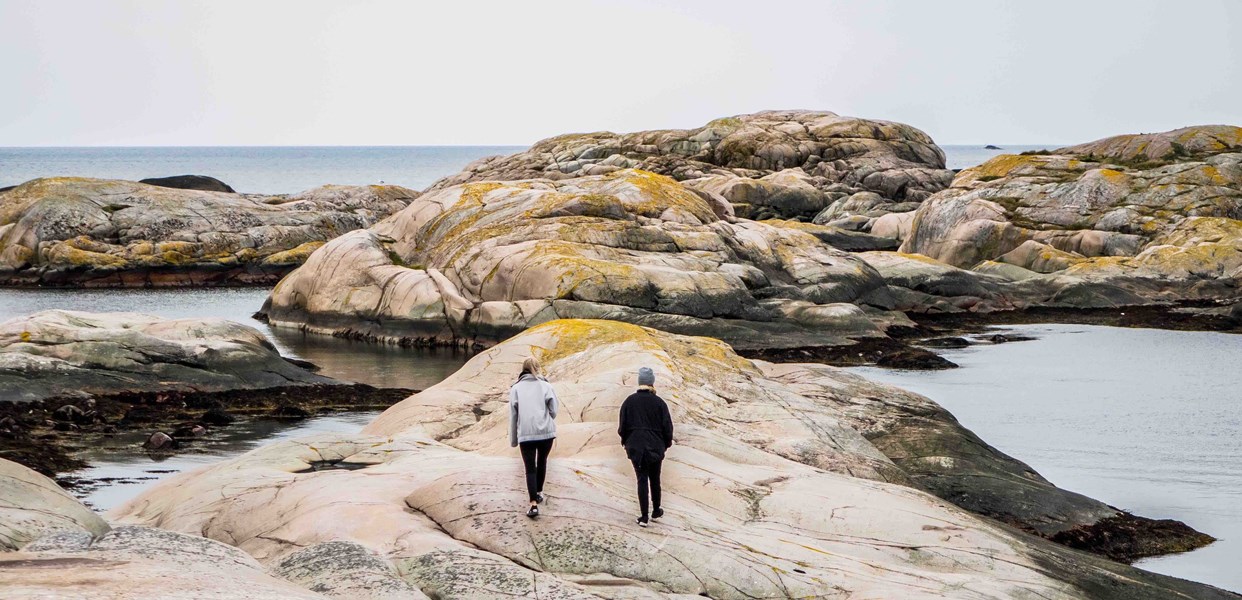A deeper understanding of behavior
For this assignment, the Swedish Environmental Protection Agency wanted to explore the connections between products, consumers, resellers, waste management and packaging. Studying how to change littering behavior was an important component. The following outcome goals were developed for the project:
Reduce the negative effects on marine environments caused by plastic litter.
Give the Swedish Environmental Protection Agency a deeper understanding of the motivations, attitudes and behaviors of consumers/manufacturers/resellers/municipalities and how they influence littering.
Iterative insight work
The project team began by making observations on people who littered and by conducting several rounds of interviews. During the analysis phase, we developed a deeper understanding of behavior and needs, and identified situations and places with a higher risk of littering. Insights included:
- People feel there are too few wastebaskets
- Many people are not aware that they are littering
- Small pieces of packaging “blow away”
- A great many judgements emerged: other people litter, not me
- Many people are unwilling to pick up other people’s litter
Hypotheses and prototypes
Based on the insight work, the team developed hypotheses and prototypes that were tested in a real-life environment.
“Understanding an unconscious behavior requires different approaches. So we developed two hypotheses that we tested with prototypes to learn more about behavior and motivations,” says Maria Klint, service designer at Antrop.
In the kiosk test, customers received a litter discount if they did not take the ice cream wrapper. In the label test, we used stickers to see what effect information on the ice cream wrapper could offer.
Design thinking to develop policy instrument proposals
Financial incentives in packaging design proved to be an interesting realm for further work. Antrop developed two policy instrument proposals that were tested with producers and stakeholders in the Swedish ice cream industry.
“Using design thinking as a method was crucial for coming up with the two policy instrument proposals,” says Maria Klint.
The Swedish Environmental Protection Agency now has the proposals and is developing them as part of their government assignment. A report is scheduled for summer 2019.
Swedish Environmental Protection Agency
The Swedish Environmental Protection Agency is a government agency for environmental issues. The agency works on environmental assignments from the Swedish government in Sweden, the EU and internationally.
Naturvardsverket.se

